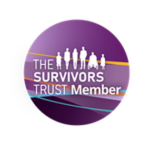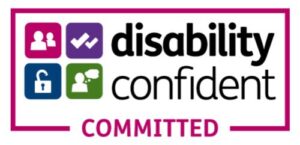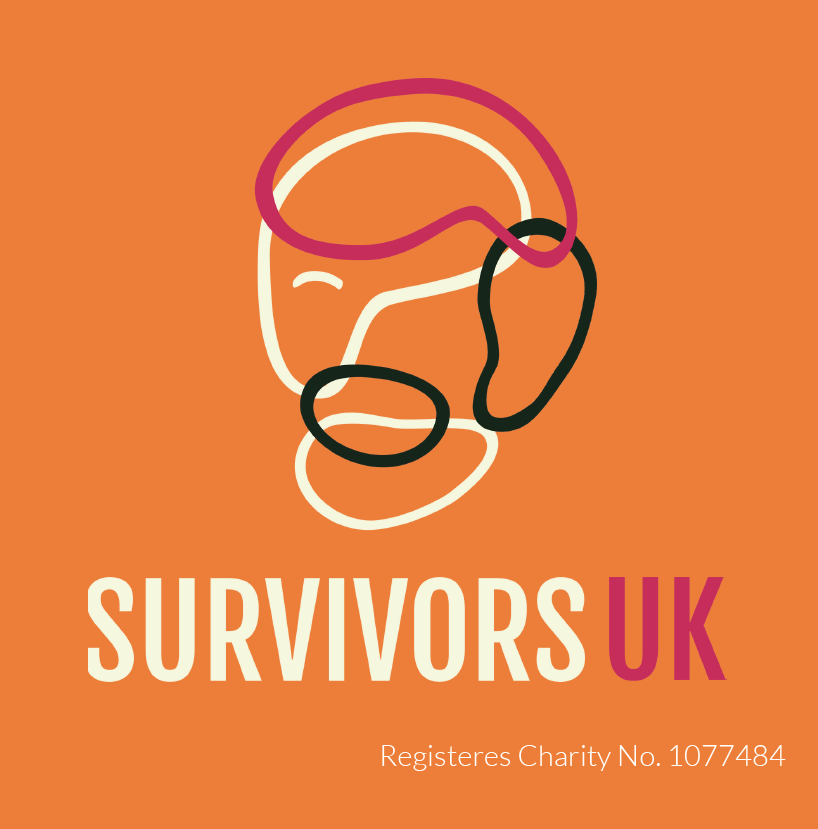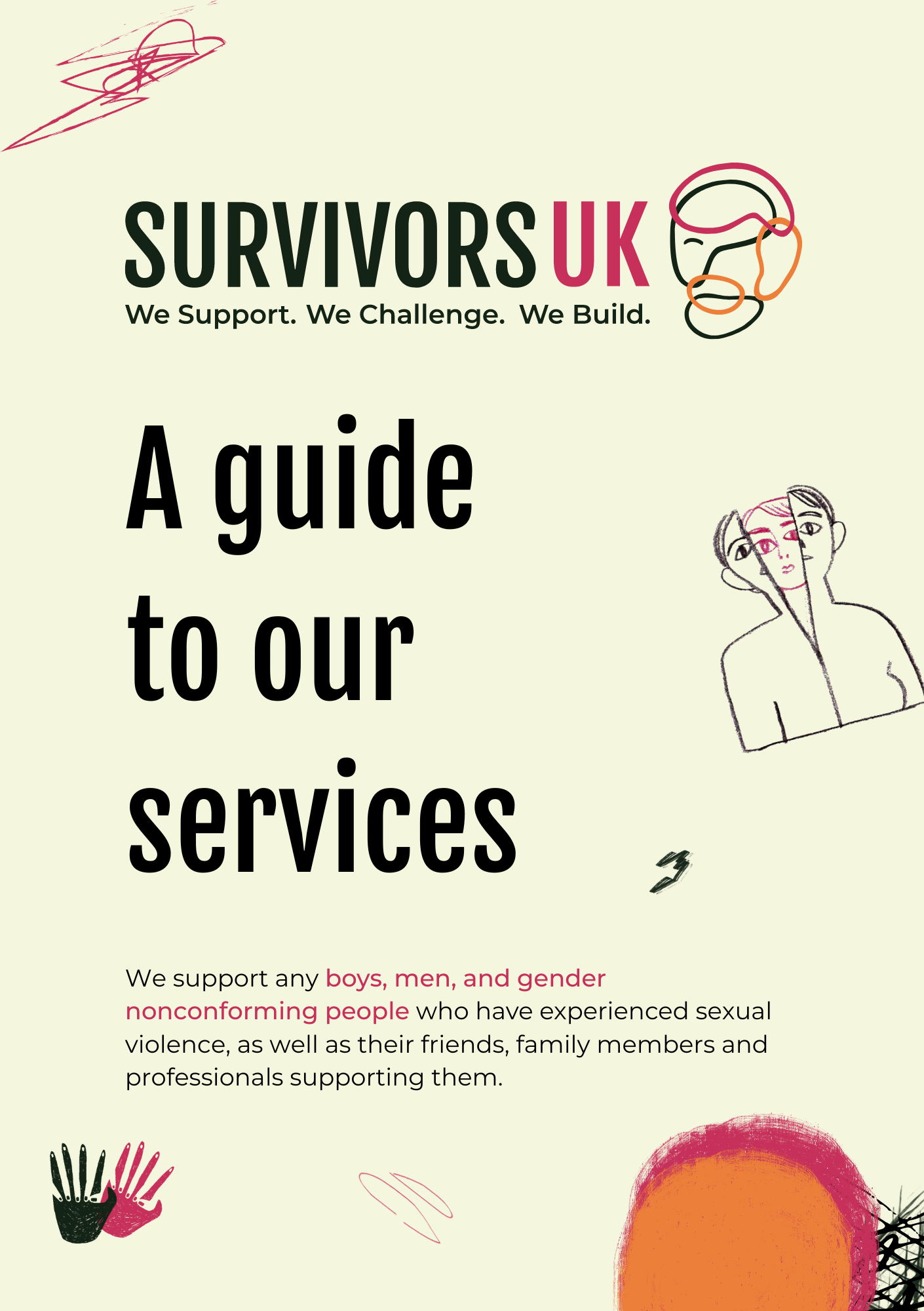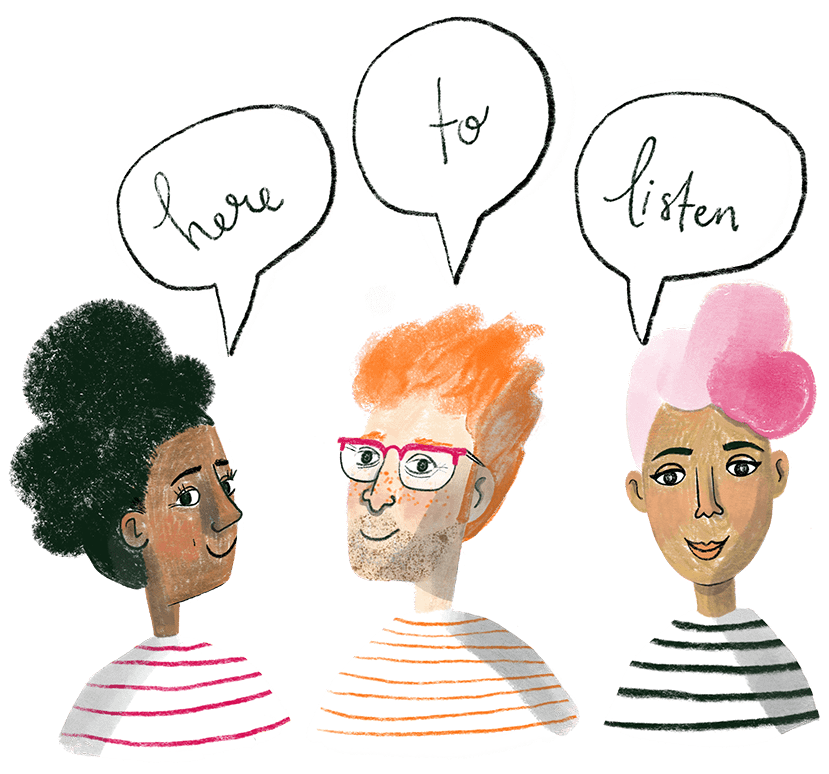
SurvivorsUK runs the National Male Survivors Online Helpline – a webchat and SMS service for men, boys and non-binary people who have experienced sexual abuse at any time in their lives.
Our specialist support team can chat with you for up to 45 minutes per day by webchat or by text (SMS). Click ‘Chat online now’, below, or send a text to 020 3322 1860.
We are also here for loved ones.
We know it can feel daunting the first time you reach out. We’re trained to support you through that process and we try to make it as easy for you as we can.
Mon – Sun
12-8PM
Email the helpline
[email protected]
Your privacy is really important to us. We take confidentiality really seriously and only in very extreme cases would we consider contacting anyone else about what you tell us.
We want you to remain in control. Please read the information below to understand how we keep your information private and how we handle your information. If you feel unsure, then please ask us to explain in detail when contacting the helpline. That way you can decide what you feel ready to tell us.
For further information, please read our privacy notice here.
We want you to feel safe when reaching out to us. When you talk to us through phone, email, or text, know that we will keep your information safe and private, and we will handle the information with care and respect.
Your conversations with our helpline are private. We do not share your details without your permission, unless there is a need to, for example if you or others are in danger.
You have the option to remain private during our interactions. We respect your choice to share only what you feel comfortable with.
Our helpline follows strict rules to protect your data. Your personal information is stored on our system safely, and our team is trained to handle it responsibly.
There are a few things you should know about information that you share which may identify who you are:
Texting: If you text us, your phone number could potentially identify you.
Emails: Your email address may contain identifiable information, such as your full name.
Webchat: Your computer’s address (also called IP address) is available to us if you use our webchat service. A computer address can be used to identify the location of devices connected to the internet, like computers, phones and tablets.
Explicit Disclosures: You might share personal information in your messages, which could reveal your or other people’s identity.
The staff member you talk to will not be able to see your phone number or IP address.
We only record basic details about your call or email, like your first name (if you share it) and brief information about the message. We may also note other non-identifying details if you choose to share them with us.
There are a few things you should know about information that you share which may identify who you are:
Choose a Private Setting: When reaching out to us, make sure you are in a secure, private space where your conversations won’t be overheard or accessed by others.
Email Address: When contacting us via email, be careful not to include any names in your email address. This helps to protect your privacy by keeping you discreet.
Use a VPN for Internet Connections: If you wish to prevent us from knowing your computer’s IP address, we recommend using a Virtual Private Network (VPN) when connecting to our services via the internet. A VPN adds an extra layer of security and anonymity, enhancing your overall privacy.
Limit the Information Shared with Us: If you decide to share personal details, consider sharing only essential information to protect your privacy. For example, use only your first name to seek the support you need.
If you need to wipe your web browser history after visiting our website or contacting our helpline, you can do so by following these instructions.
During your contact with the service, we will ask if you would be willing to share some personal information (such as age, gender, geographical area) which will help us to report on our services and secure future funding. Please note it is always your choice whether you choose to answer these questions, and if you prefer not to share personal information it will not affect your use of the service.
Text, live chat and email conversations are stored safely and in line with our privacy policy. Information is then securely destroyed, unless we have a cause for concern for your or another person’s safety, or if this is the first time that you have reported a potential crime that may be later used as evidence if you choose to report to the police (this is called a “first disclosure”).
If you make a first disclosure and we have information that can identify you, we will talk with you at the time about what that means.
We take confidentiality seriously and only in very extreme cases would we consider passing on what you tell us. If you tell us something that we may need to pass on, we will chat with you about this first, if we are able.
We may have to share personal information to a third party, where
- You give us permission to share information
- The information is requested by the courts
- There is serious risk of harm to you or another person, for example, a serious crime being committed such as terrorism, fraud, or a child protection concern
- You give the police permission to request any information that we have about you
Information will only be shared where absolutely necessary and on a “need to know” basis, in line with our privacy policy and data protection laws.
We only share anonymous information about the helpline with our funders for measuring impact. This means that they will not know who you are. The information we share includes demographic e.g. age, location, and equality monitoring data e.g. religion, ethnicity, and information about the type of call and type of service offered.
We take confidentiality seriously and only in very extreme cases would we consider passing on what you tell us. If you tell us something that we may need to pass on, we will chat with you about this first, if we are able.
If you feel that your right to confidentiality was not respected by SurvivorsUK, you have a right to raise a complaint using our Complaints Procedure. You may also be able to take legal action.
If you wish to complain about a possible breach of confidentiality or pursue the matter legally, please note that this will not put at risk the quality of service that SurvivorsUK is offering to you.

We keep our chats to 45 minutes a day, to allow everyone the opportunity to talk. If you need help outside of helpline hours, you can email us at [email protected] and we’ll try to get back to you by the next working day.
We can talk to you at any age. If you’re under 18, visit our Get Help 13-18 page for more information.
If you are concerned about a child or young person, please contact our online helpline for advice, or the NPSCC.
If you have thoughts about possibly harming a child yourself, please contact Stop It Now.
If you contact our online helpline and we’re not the right service for you, we’ll do our best to point you in the right direction.


